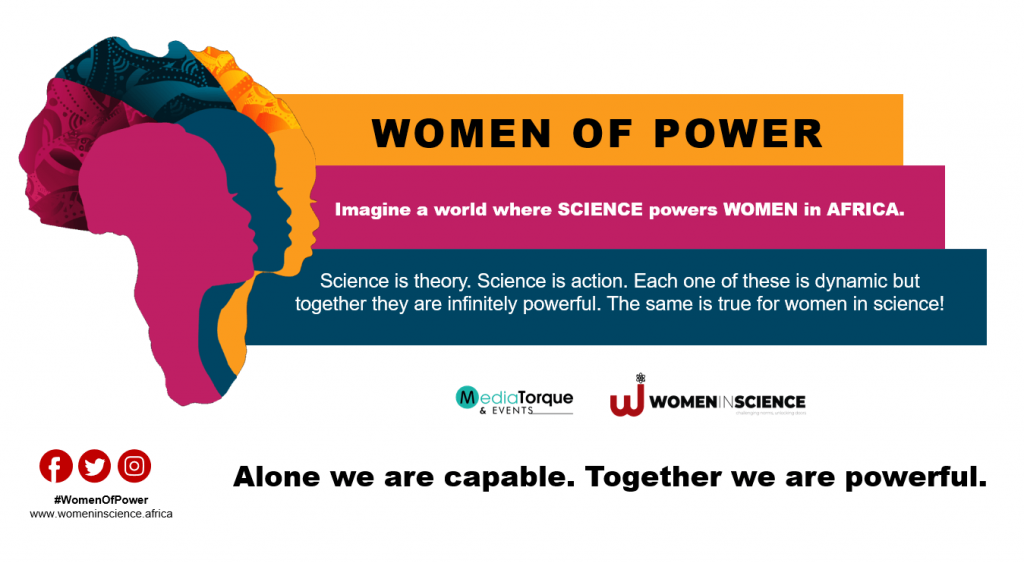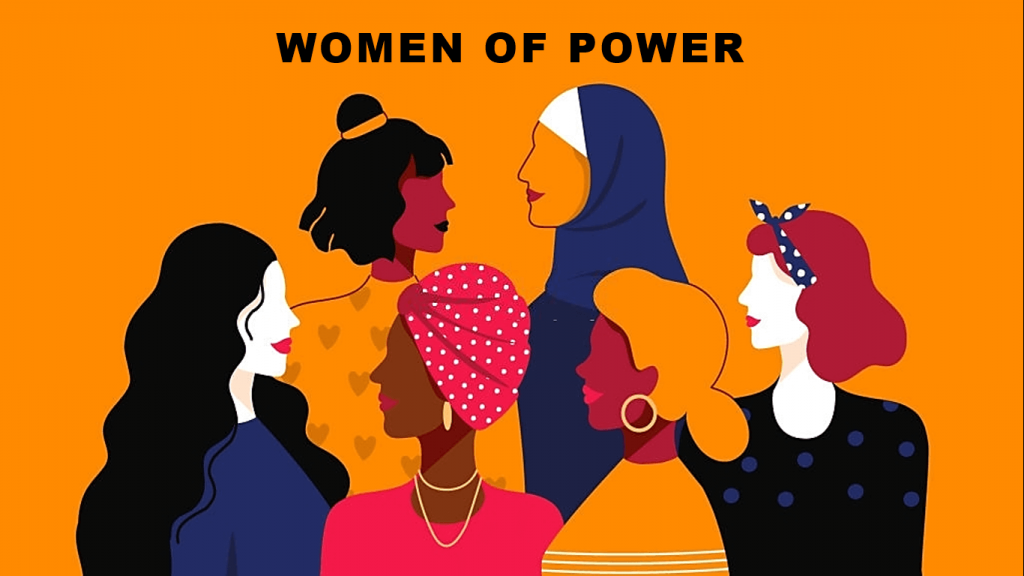It is August, a month traditionally earmarked to celebrate the calibre of women who are ahead of the curve in their respective spheres of influence. This is a crop of women who are not only change-makers but are also supremely talented, courageous and have blazed the trail in the face of entrenched and pervasive patriarchy.
While male dominance is a global phenomenon, Africa is at the bottom of the pile when it comes to women representation in virtually all fields including science. Last year, the African Academy of Sciences released the findings of its survey on the factors that inhibit women to pursue or progress in STEM.
Lack of mentoring programmes
Among other factors, it noted that: “lack of programmes to recruit women scientists, coupled with an undefined career path, and the absence of mentoring programmes within institutions to provide professional support, tend to make it difficult to attract and retain women scientists”.
In addition, it observed that “in many African countries, socio-cultural beliefs and practices largely connected to the construction of feminine identities, ideologies of domesticity and gender stereotypes may exclude girls from pursuing science subjects.”

Highlighting innovation
Women in Science Africa will also be part of the 2021 Women’s Month celebrations. We will dedicate the August edition to profile innovative work of science, technology and research project by women in South Africa and also on the continent. We will highlight the achievements and strides that women have made to drive equality and transformation.
The theme for this year’s Women’s Month is: “Generation Equality: Realising Women’s Rights for an Equal Future”. This resonates with and echoes the founding objectives of the publication, which are, among others, to:
- Provide a space for Africa’s growing community of female scientists,
- Amplify their voices and their participation in scientific fields by focusing on their achievements,
- Identify and call out structural inequities and biases in the science community.
- Provide an information platform and public forum for women to fully participate in and become leaders in science
- Support the education and careers of women scientists and
- Promote scientific mentorship of women.
Encouraging initiatives
Despite the widespread poor representation of women in STEM, there are two notable and exciting initiatives that have just been launched to accelerate and increase women participation in science and research and the professoriate.
The first programme is called Female Academic Leaders Fellowship. The brainchild of the Wits Chancellor and leading businesswoman Dr Judy Dlamini, the initiative was formed to target African and coloured women in academia who are under-represented in high structures of knowledge production and leadership.
Dr Dlamini said the fellowship was inspired by the worrying national statistics about the proportion of women graduates in South Africa. She said even if the proportion of women graduates in the country has increased over the past 20 years, women are still under-represented within institutions of higher learning with African and coloured women hardly featuring in top leadership positions. Currently, the gender and racial profile of leadership at the country’s 26 universities is skewed in favour of men with only four universities having females as vice-chancellors.

The second one is called Future Professors Programme (FPP) Phase 01, which is the initiative of Department of Higher Education and Training (DHET). It is a “competitive and selective programme” designed to “prepare promising early career academics to become a new cohort of South African professors across the disciplines”.
In the main, the initiative “seeks to identify a group of the country’s most talented young academics to benefit from a structured and intense programme aimed at accelerating their readiness for the professoriate”.
Critical mass
According to the DHET the idea is to produce a critical mass of academic excellence and leadership within the higher education sector. In addition, the programme intends to strengthen the existing initiatives with a view to developing a pipeline of early-career academics with focus on black and woman scholars. We welcome more of these initiatives to ensure the continent produce more women scientists.







